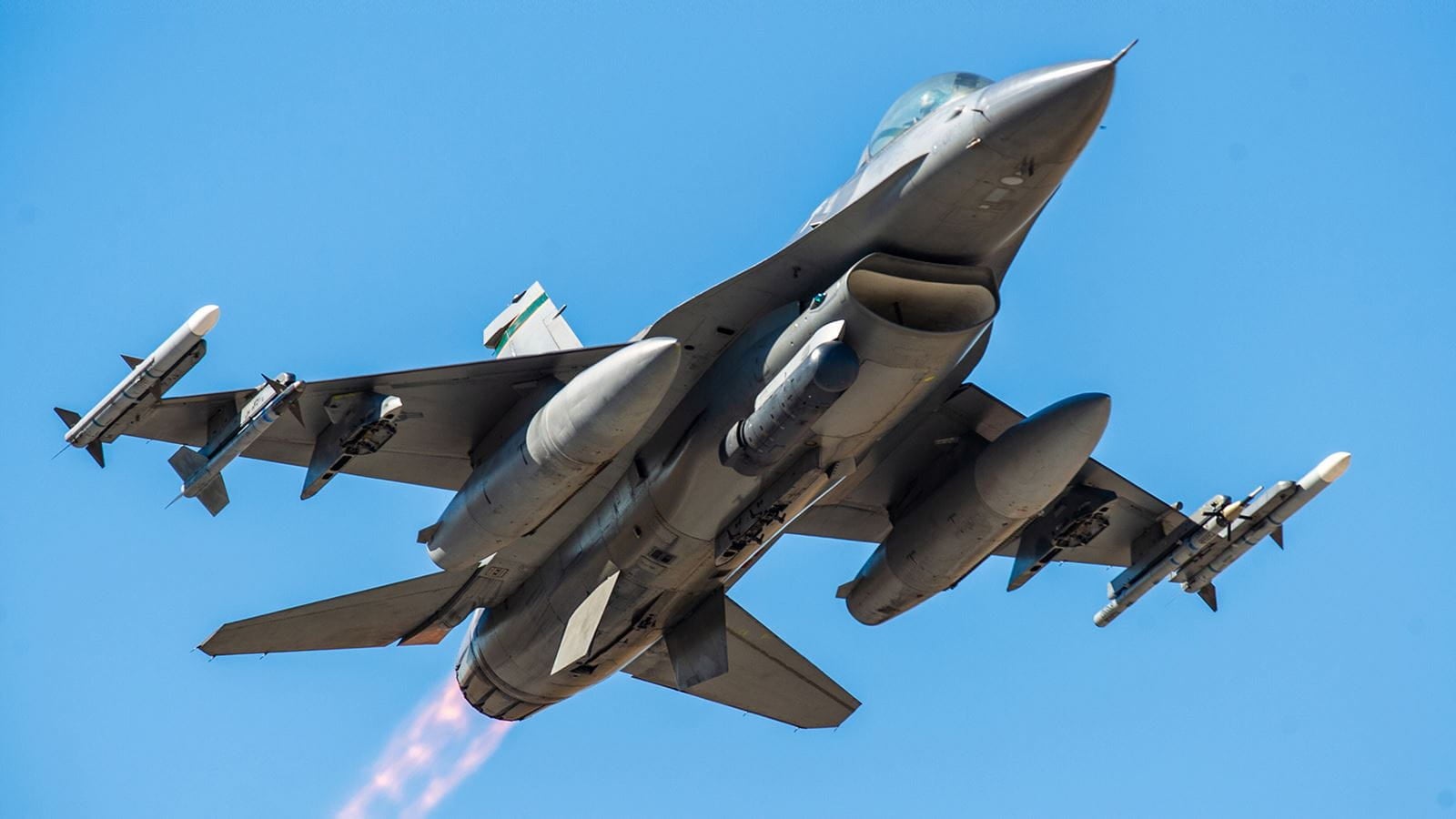
The US Air Force Research Laboratory (AFRL) has awarded a contract to Collins Aerospace to develop a prototype of ventral fin for the F-16 fighter aircraft.
As part of this three-year contract, the company will develop F-16 ventral flight structures using a specialised component design, prototype fabrication and welding process.
The contract will see Collins leveraging its thermoplastic welding technology to build the advanced high-impact resistant fins.
This technology is expected to reduce the weight and cost of the existing F-16 aircraft structure’s design.
Collins Aerospace Aerostructures vice-president and general manager Stan Kottke said: “We are seeing an increased demand and opportunity to replace legacy aircraft components with thermoplastics.
“The trend is using advanced thermoplastic materials to lower the cost and weight while reducing our overall environmental footprint, and those benefits are directly passed on to our customer.”

US Tariffs are shifting - will you react or anticipate?
Don’t let policy changes catch you off guard. Stay proactive with real-time data and expert analysis.
By GlobalDataThe company is also planning to invest around $100m for the advancement of this thermoplastic technology, over the next five years.
Collins said that this effort will further allow the company to qualify and process various thermoplastic materials that can be used by the military and commercial purposes.
The thermoplastic materials have an indefinite shelf life and can be reused or recycled by storing them at room temperature, eliminating the requirement of energy intensive cold storages for keeping thermoset raw materials.
According to the company, the next step involves maturing the thermoplastic manufacturing technologies to create component assemblies.
The associated work will be carried out at the Riverside composites centre.



